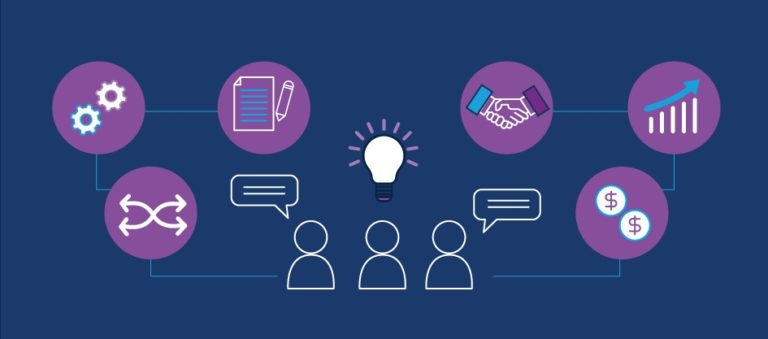Artificial intelligence (AI) has found various uses over the years. It is now more relevant than ever as more than a third of organizations are employing AI in some way.
Of course, this impressive technology has found its way into the insurance sector as well. Every industry that has to deal with customers regularly can utilize AI. As we know, insurance companies constantly interact with their clients, and AI insurance solutions can help every step of the way.
Here’s what they can do.
AI Uses in Insurance Companies
AI digital assistants in the form of chatbots are becoming huge across various industries. Insurance is no different, and these assistants coupled with automation can make a world of difference for any company.
Providing Quotes
As many as 42% of all customers prefer live chat to phone calls and other options for reaching the company representatives. It’s simply much more efficient. Now insurance company representatives can be AI bots. These chatbots can provide customized quotes to customers quickly and with no fuss.
Onboarding Customers With Ease
There’s no need for live representatives, even during the onboarding process. Thanks to conversational AI technology, these bots can guide clients through the whole process. They can understand and answer any question along the way, as well as collect and validate documents that customers provide.
Assisting Customers in Updating Information
If a customer needs to change any details of their policy, they can do it with the help of AI bots again. This process used to take agents some time and energy, whereas bots can do it quickly and efficiently. They can offer options along the way to speed up the process for the client.
Helping Clients File a Claim
Filing an insurance claim used to be a real nuisance that involved numerous steps and phone calls. Now, an AI assistant can walk the customer through the process step-by-step, facilitate it, and do all the heavy lifting on its own with minimum assistance from the client.
Customer Support
Chatbots can answer customers’ queries and complaints 24/7 and handle both simple, routine tasks and more complex ones. They can provide any necessary information or resolve billing issues. Digital assistants can also be integrated with live chat so that agents can take over if necessary.
Customer Retention
Chatbots can reach out to customers for policy renewals automatically before the renewal date. They can help the customer by analyzing their data and providing offers and changes that would better suit their needs. This can help retain many customers who would otherwise leave.
How Insurance Companies Benefit from AI Assistants
AI changes the whole process in insurance companies, from handling quotation inquiries to reaching out for policy renewals. Relying on bots rather than agents brings many benefits to the company. Here are some of them.
Streamlines the Workflow
AI assistants walk the customers through the process in clear and easy-to-follow steps. There’s no need for live agents to rummage through the customer data and history — bots pull out all the necessary info and calculate the best offers in a matter of seconds.
As customers get used to bots, the company gets fewer emails and calls, and the onboarding is a lot faster than it traditionally was.
Collecting new information from customers is also easier with data validation and image recognition, which means there’s no need for manual input — the data is automatically added to the system.
Saves Time and Money
From handling repetitive customer support tasks to filing claims, bots can do anything independently and quickly. Of course, there’s a possibility of agent handover, but customers will rarely request it as bots can understand complex human language and respond accordingly.
This independence means that bots can save a lot of time for the company employees, who can focus on other tasks. It also means that the company will need fewer agents as the brunt of the work will be handled by AI assistants.
As these bots are great at customer retention, they will also prevent numerous clients from leaving, thus saving even more money for the insurance company.
Eliminates Human Error
Finally, one of the greatest advantages of AI is the accuracy and precision with which it handles any task. When agents input client data manually, there is a lot of space for error. With AI bots, there’s virtually no possibility of such mistakes occurring.
As you can see, AI can not only help insurance companies change for the better — it can transform them completely and make them much more efficient and lucrative.










